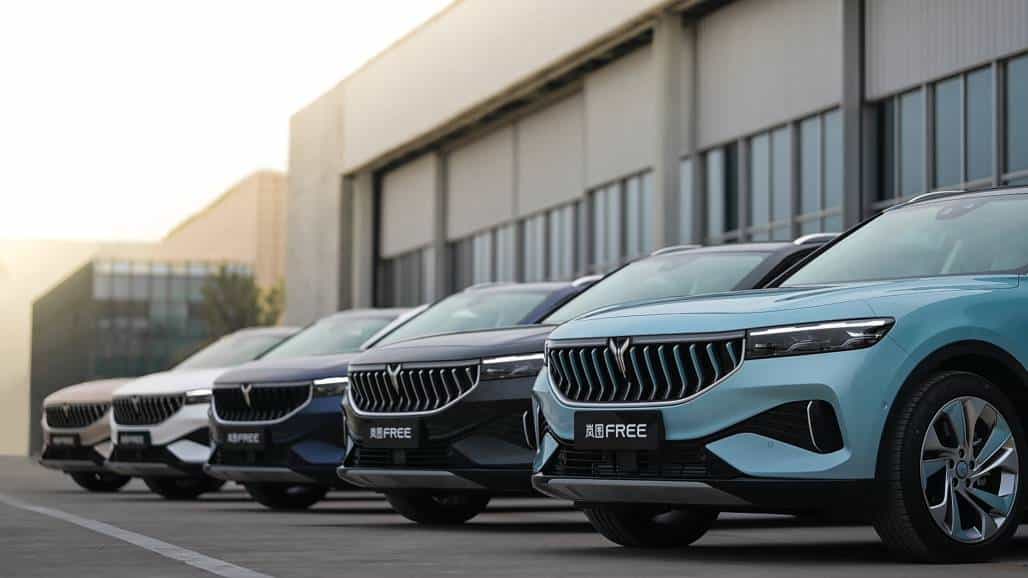12 new safety features are to become mandatory on cars from 2021-onwards in the European Union’s latest effort to cut road deaths. These new measures are expected to save the lives of estimated 10,500 people and prevent approx 59,600 serious injuries by 2030.
Currently, road deaths stand at 26,000 per year, across the EU. The aim is to reduce this to 13,000 and halve the number of serious injuries by 2030. Since 2010, fatalities on EU roads have reduced by 20% but the European Commission acknowledges that there has been no significant drop since 2013.
Related: Do Airbags Guarantee Your Safety?
The EU’s new mandatory safety features listed below cover several facets of road safety and constitute the first update of vehicles’ minimum EU safety standards since 2009. Many of these features are already offered on cars, mostly as optional equipment.
- Advanced emergency braking system
- Alcohol interlock installation facilitation
- Drowsiness and attention detection
- Distraction recognition and prevention
- Event (accident) data recorder
- Emergency stop signal
- Full-width frontal occupant protection crash test, plus improved seatbelts
- Head impact zone enlargement for pedestrians and cyclists, plus safety glass
- Intelligent speed assistance
- Lane-keeping assist
- Pole side-impact occupant protection
- Reversing camera or detection system
Related: Vehicle Safety: Past vs Present
In addition, several other systems are proposed for inclusion on commercial vehicles.
Automatic emergency braking (AEB) and lane-keeping assist systems are a requirement at Euro NCAP for a car to receive a five-star safety rating. This rule was introduced in 2018 – a year later than planned, following a backlash from areas of the industry claiming that this was too difficult to implement. It’s not yet against EU law to sell a car without the systems fitted, though, despite the insurance industry’s acknowledgement that the system reduces rear-end accidents.
Related: Are We Ready To Welcome Cars With Zero Safety?
One of the more controversial systems planned for introduction is intelligent speed assistance, which can control the speed of the car by adhering to the speed limit, where possible. The system can be temporarily turned off and is widely available on a variety of cars already, although critics highlight that it’s the first step towards total governance of a car’s speed, plus the possible insurance ramifications of temporarily turning the system off once said system is a legal requirement.
Alcohol interlock installation facilitation is a more radical feature. It will stop the driver from using the car if alcohol is detected in their system. Despite some EU states having breathalyzer-carrying laws and breathalyzer immobilization technology available to buy, this technology has not yet officially been written into law.
The EU’s proposal has been universally praised by road safety groups who feel the decision puts the onus for safety back on the car manufacturers and will dramatically improve future road safety.

A computer animation professional with over 23 years of industry experience having served in leading organizations, TV channels & production facilities in Pakistan. An avid car enthusiast and petrolhead with an affection to deliver quality content to help shape opinions. Formerly written for PakWheels as well as major publications including Dawn. Founder of CarSpiritPK.com





